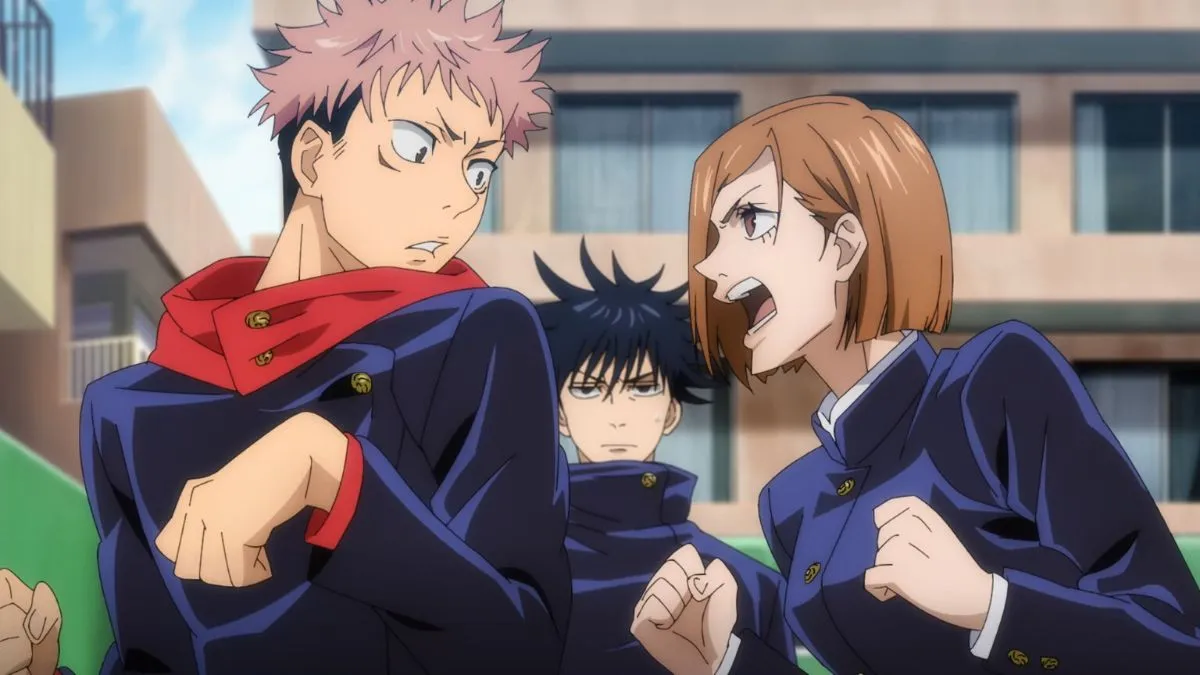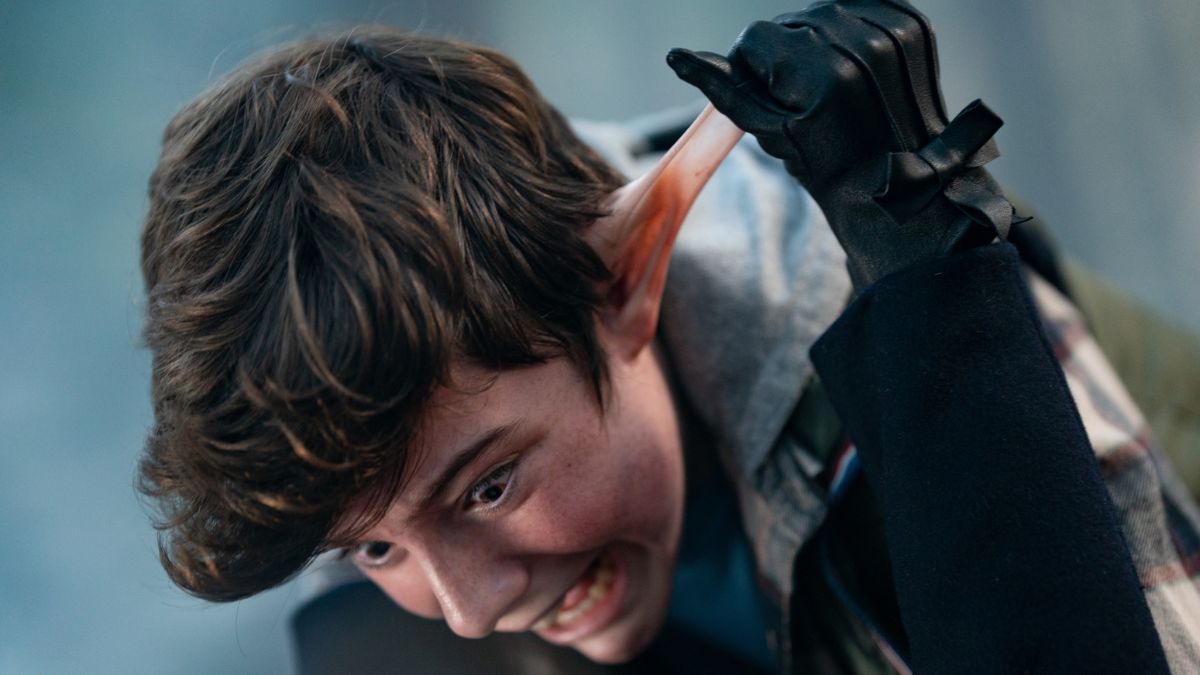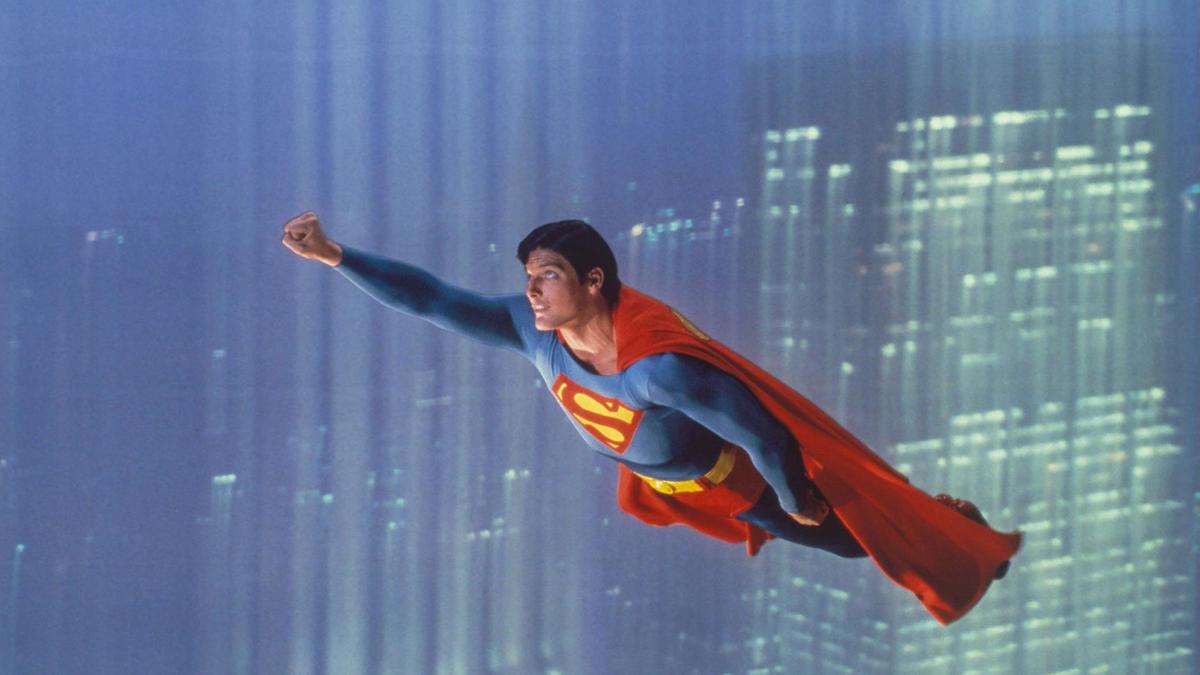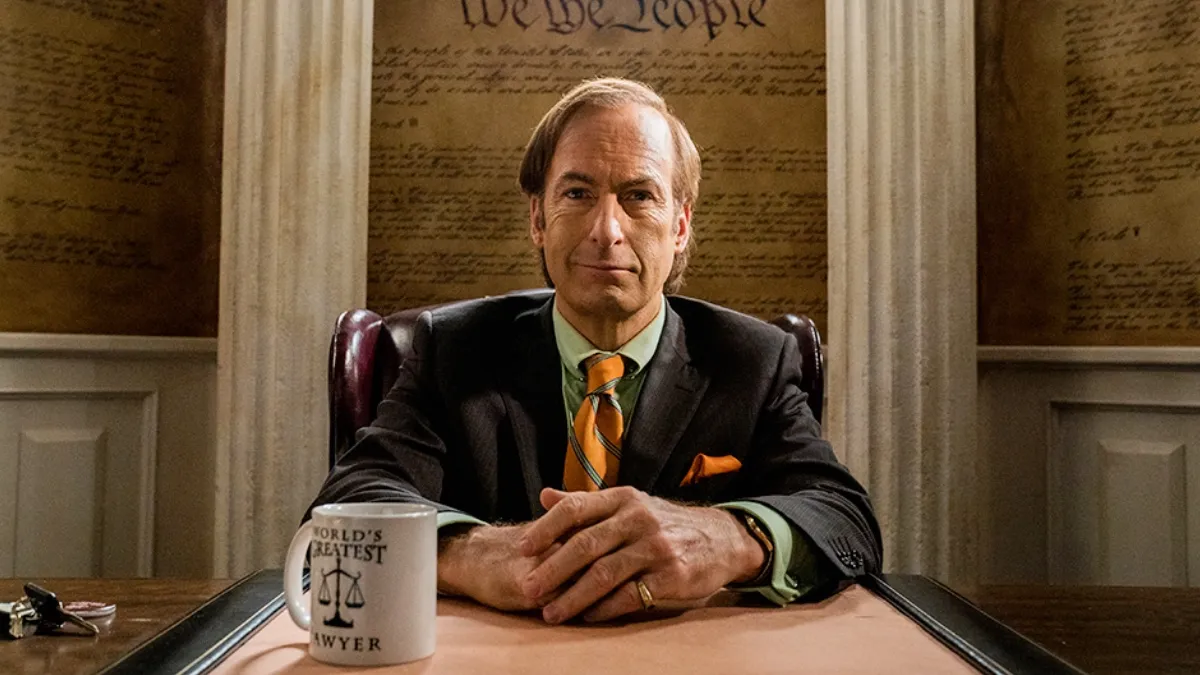
Brie Larson is one of the most in-demand actors working in American cinema right now. She hasn’t had the requisite breakthrough to push her forward, but has instead had a variety of strong roles that accumulated on her resume have made her very in-demand. She won much critical (and audience) praise for her turn in the remarkable, if little-seen, Short Term 12 in 2013, and offered stellar supporting work in films like 21 Jump Street and The Spectacular Now.
Larson is only 25 but already has more than 40 screen credits to her name, including main roles on TV series like Raising Dad and The United States of Tara. (Others may know her best for a recurring role as Abed’s ex-girlfriend, Rachel, on Community.) She has many exciting films on the horizon as well, including this summer’s Trainwreck and the adaptation of the bestselling novel, Room.
The actress also recently gave a scene-stealing turn as Amy in The Gambler, a film that didn’t catch on with audiences and critics as much as it should have when it released at the end of 2014.
Last week, in honor of the film hitting Blu-Ray and DVD this week, we spoke with Brie Larson about her most recent role. Over the course of our discussion, she spoke about creating a character, working with Mark Wahlberg and why she prefers foreign films to American ones.
Check it out below, and enjoy.
With so many strong turns recently, in films such as Short Term 12, it’s really great to see that you’re getting to play such a variety of characters. How do you decide which roles to pursue, and what attracted you to this role?
Brie Larson: Well, I’ve always felt like I’ve had the ability to choose which roles I was going to play. I don’t think that the industry agreed with me, but I’ve always had a bit of a headstrong attitude of only doing the things that I really believe in and want to explore. It takes a lot of time and a lot of energy and a lot of focus and dedication to do a film, and it’s just not worth it if you’re going to be miserable for even a day.
I’m really interested in mythology and folklore. I’m interested in moralities, why we’re here, faith… all of these bigger questions that I think we can place in films that allow us to question and give us a safe place to feel. Those types of questions can pop up in all sorts of different types of films – drama, comedy, action movie. The actual allegory of it can change, but at the root of it is always something deeper than just what’s on the surface.
I’m just interested in all of the different ways that a woman can be. We don’t have enough, when it comes to American film, that shows all of the different complexities and ways that a woman is interesting and mysterious and dynamic and really complicated. Growing up, I had a deep fascination with foreign films because it was much more raw and exposing and sometimes jarring in the way that human beings were portraying human beings. It wasn’t always enjoyable to watch. It’s been important to me to, in whatever way possible, to bring the truth to cinema and show other women all the different ways that it can be.
Absolutely. I can’t agree more. While you aren’t in a lot of The Gambler, you get a lot of terrific moments within it. Your entrance to the Pulp song “Common People” is a great scene, and the entrance is kind of like a European film, with the pop music and jump cuts. The screenplay could have just read, “Amy walks to her car,” but this moment shows off many of the character’s dimensions – her joy, her confidence, her drive. What was in the script originally and what did you bring for this moment?
Brie Larson: I think it was only just a one sentence description. I’m not sure if we had already started shooting or if it was before we started shooting. Rupert [Wyatt, the director] had this idea of watching her walk to her car and watching this sort of joyous blissfulness that she lives. It didn’t feel like we had enough private moments where you got to really just see her, unobserved, in her element. I really loved it. I’m not sure if Rupert had ever watched me do that, because I do do that. Maybe it was her daughter that inspired him, or his wife, or another film, but I really believe in the concept of dancing like no one’s watching and just giving the most strange, mundane moment of walking from class to your car and making it something sensational.
The naturalism of the scene makes it feel so true. What were you actually listening to on the iPod to get you in the mood for that scene?
Brie Larson: I was actually listening to “Common People.”






